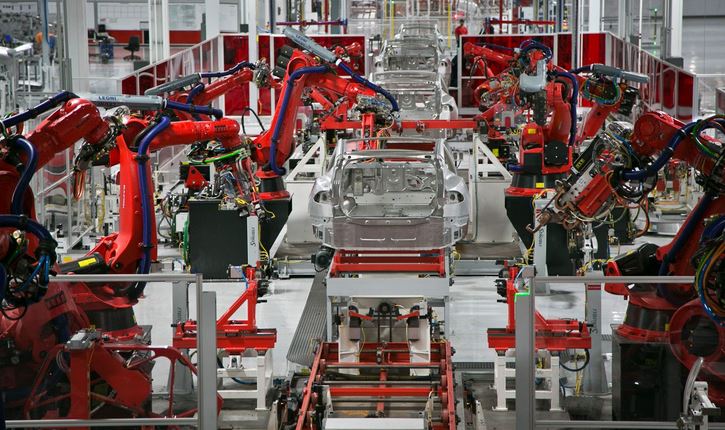In this thought-provoking article, published in the July/August Foreign Affairs, it is argued that the scarcest, and hence the most valuable, resource in the coming digital era will be neither ordinary labour nor ordinary (physical) capital, but people who can create new ideas and innovations. In this ‘automated economy’, a relatively small number of highly qualified economic ‘top performers’ may reap a disproportionate share of the rewards.:
“The distribution of income for this creative class typically takes the form of a power law, with a small number of winners capturing most of the rewards and a long tail consisting of the rest of the participants. So in the future, ideas will be the real scarce inputs in the world — scarcer than both labor and capital — and the few who provide good ideas will reap huge rewards. Assuring an acceptable standard of living for the rest and building inclusive economies and societies will become increasingly important challenges in the years to come.” Link to the article


